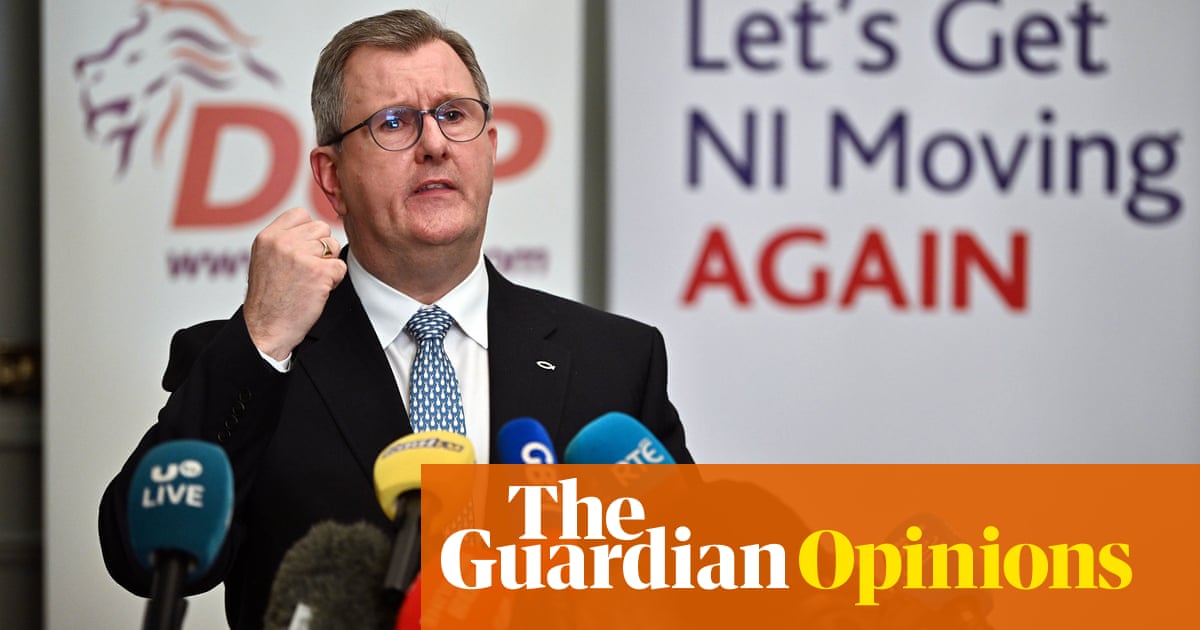
No excuses for the Tories, no place to hide: that poverty and economic insecurity kill is an incontrovertible fact. Some may flinch when they hear that the government’s failure to address a worsening cost of living crisis will tip many of its citizens into premature graves, but the macabre nature of a fact does not make it less true.
New research published by the Office for National Statistics is merely the latest addition to what has been understood by anyone with a sufficient interest in matters of life and death for centuries. The ONS figures show that avoidable deaths account for four in 10 male deaths in England’s poorest communities: in the least deprived, that figure is less than half, at 17.8%. For women, the figures are lower, but the gap barely less acute: 26.7% and 11.9% respectively. Covid, meanwhile, was almost four times more likely to kill in England’s most deprived areas, according to the ONS, a finding that accords with previous research.
Viruses are not sentient, of course, and Covid did not consciously seek out the poorest. But it is a heat-seeking missile for health conditions that are directly linked to poverty – from hypertension to diabetes, from heart disease to cancer. The pandemic disproportionately robbed the poor – who, in turn, disproportionately come from minority communities – of their lives, but it merely heightened the deadly consequences of our entire economic system.
This reality was labelled “social murder” by Friedrich Engels in 1845 in The Condition of the Working-Class in England. If an individual injures a fellow human being and causes death, he noted, that was manslaughter; “when the assailant knew in advance that the injury would be fatal, we call his deed murder”. So why was it different, he asked, when society placed its working-class citizens in such a position that they suffered “too early and an unnatural death”, where it imposed conditions on them in which it knew death was the “inevitable consequence”?
When the government cancelled the universal credit uplift last autumn in the midst of a cost-of-living crisis, it could not claim ignorance about the consequences. The Legatum Institute thinktank highlighted that 840,000 people would be driven below the poverty line. According to leading economists, chancellor Rishi Sunak’s failure to help struggling households in his spring statement last week will push 1.3 million Britons into deprivation. Sunak and his team know all this: they have their own number-crunchers. They are consciously imposing a state of poverty on a significant portion of the people they purportedly exist to serve, and this will lead to premature deaths.
In a politics governed by hypocritical standards of civility, such an argument will be deemed inflammatory and extreme. Disagreeing with government policy is one thing, it will predictably be said, but accusing a government of knowingly shortening lives is quite another. Ours is a political culture in which showering venom on marginalised minorities is deemed to be political debate, but pointing out that a government knowingly imposing a state of poverty on its own people will objectively take lives is liable to set teeth on edge.
When former shadow chancellor John McDonnell described the Grenfell disaster as “social murder”, his comments were condemned by then chancellor Philip Hammond as “disgraceful”. Ours is a politics more offended by the language used to describe systems that produce great loss of life than the systems themselves.
As the British Medical Association notes, poverty in infancy is “associated with a low birth weight, shorter life expectancy and a higher risk of death in the first year of life”. For children, the risk of chronic disease is heightened, as are problems related to diet. Mental health problems are three times more likely, which in turn can lead to damaging forms of self-medication, such as overeating, smoking and alcohol abuse. Poor mental and physical health feed off each other. If you have the means to prevent these outcomes and yet, instead, pursue policies and approaches that make them worse, are you not open to being accused of knowingly harming the health of the nation?
Ultimately, this is not all down to Sunak or his fellow politicians. It is, after all, inherent in an economic model that takes wealth produced by the efforts of millions of people and then hands much of it to a tiny elite. Such a system leaves significant numbers in cramped housing, skipping hot meals to ensure children are fed, and battered by daily stresses such as the cost of heating their home.
This model leaves millions with little protection when storm clouds gather and crowd out the light. The government’s decision – and that is what this is, a conscious choice – not to at least introduce measures to protect livelihoods will mean two things: poverty and, accordingly, avoidable death. They can’t feign ignorance or deny reality: this is a truth known for generations, indeed for centuries.
Owen Jones is a Guardian columnist












